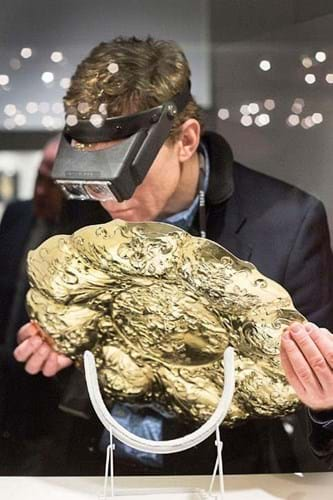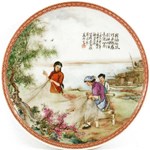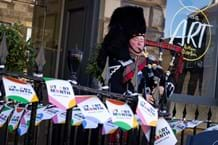A new ‘global vetting policy’ announced last week stated that future committees at all TEFAF fairs in Maastricht and New York will include academics, curators, conservators, conservation scientists and independent scholars only.
The change followed a review of legal issues relating to vetting, particularly good governance and assessment of liability, which led to advice that vetting panels should comprise experts with as little commercial interest in the art market as possible.
The review was held “to ensure [TEFAF] remains the most trusted sales platform within the international marketplace”, according to Nanne Dekking, chairman of the board of trustees.
He thanked the “number of vetters that have served the organisation loyally for many years”, but who will not return in light of these changes.
Object handling
The new policy was not without its detractors. “Academics don’t have the advantage of handling the amount of objects that members of the trade do,” said David Weldon, former member of TEFAF’s Indian and South East Asian Art vetting committee and senior consultant at Sotheby’s.
“There is no course you can take to keep up with the level of sophistication of forgeries that are being continuously introduced. It is hard to imagine how an academic would follow the constant developments that the trade encounters on a daily basis. Even scientists can sometimes be deceived by today’s forgeries.”
Silver dealer Michael Baggott said: “Vetting is just one person’s opinion. That person might not know what they are doing when it comes to niche areas. For example I remember the case one year at Maastricht when a superb example of York silver was vetted off as a leading member of the Vetting Committee failed to understand it.”
“I can already see the counter arguments about technical analysis verifying particular material aspects of objects, which is entirely valid. But a vetter can only ever give their opinion on any object and it offers no actual financial guarantee on a purchase at all to the buyer at any fair, in the entire history of antique fairs! In fact will a buyer even know the identity of the person who vetted any particular object at any particular fair and will they be made aware of any members of a committee that disagreed with the final opinion?”
“You may guess I'm no fan of the practice, believing, as a buyer, you should entirely go by the individual reputation of the seller.”















